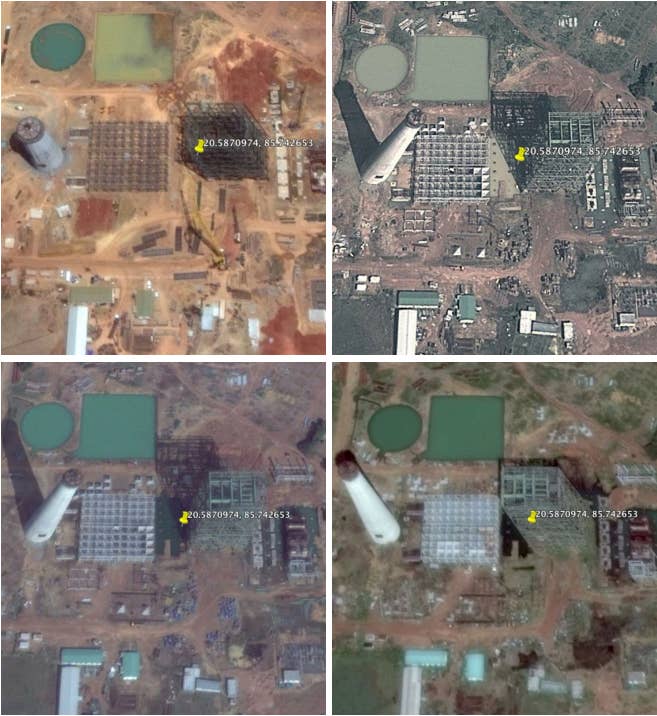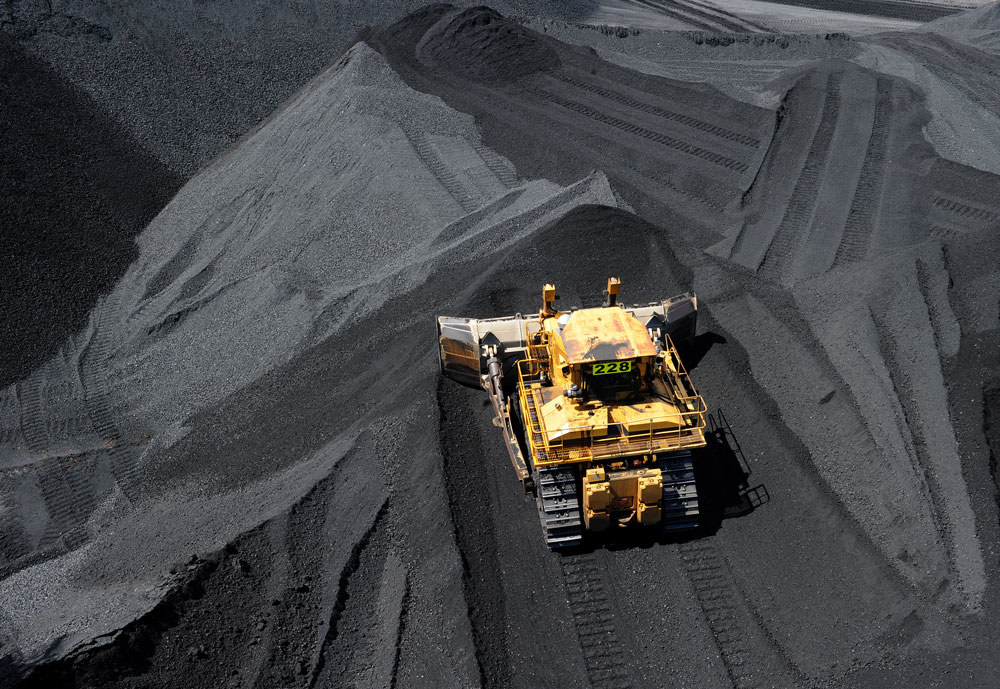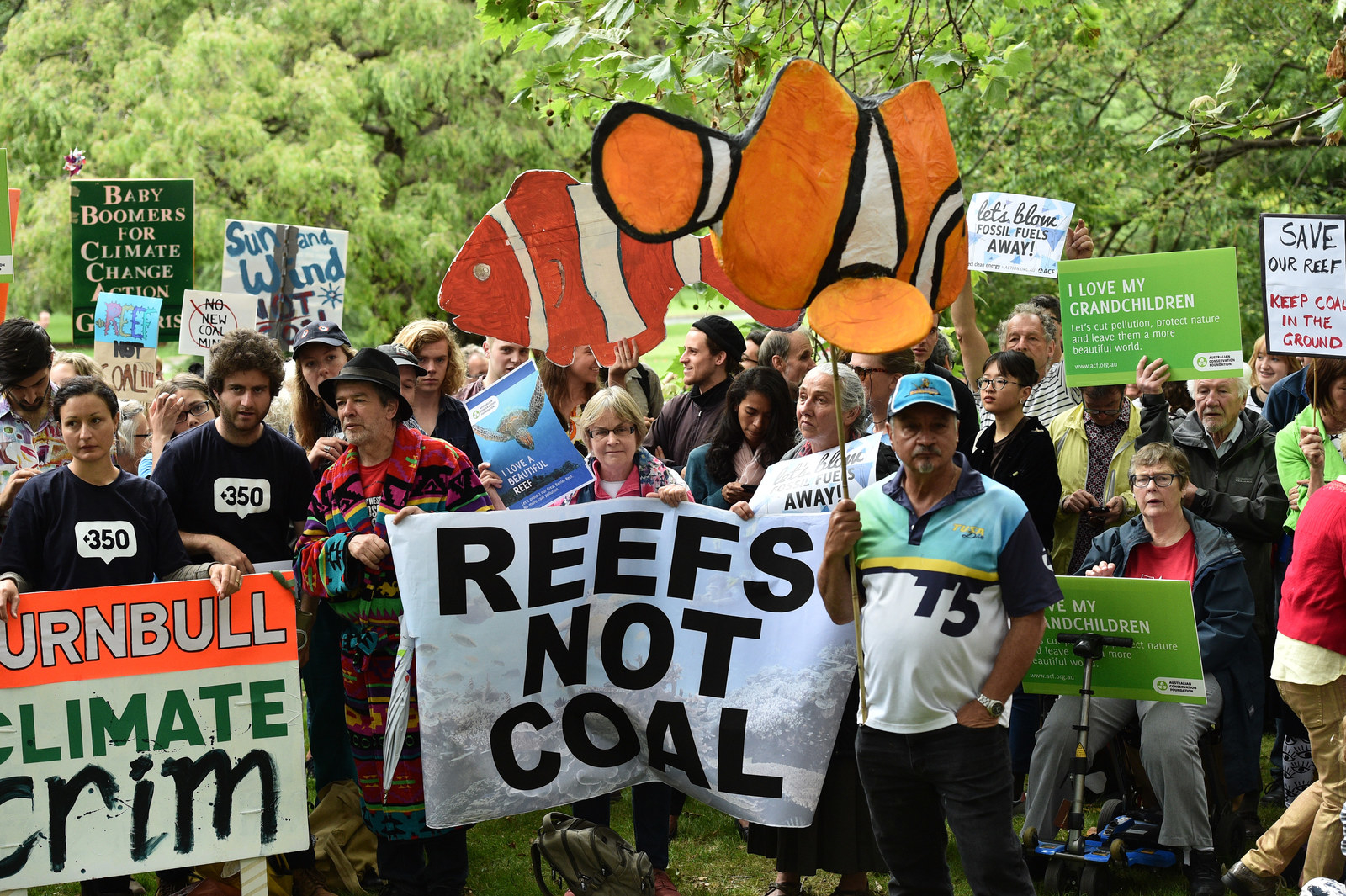The number of new coal plants being built around the world dropped sharply in 2016, with the shift away from the black rock being led by two of the planet’s largest carbon emitters – China and India – a new report has found.

The Boom and Bust 2017: Tracking the Global Coal Plant Pipeline report, by Greenpeace, Sierra Club and CoalSwarm, is the third annual survey of global coal plant construction.
It found that in 2016 there was a 62% drop in new construction of coal plants globally and a 48% drop in pre-construction activity.
Globally, the amount of coal power capacity under construction almost halved to 570 gigawatts. In China and India, 68 gigawatts’ worth of coal construction is now in doubt.
The report also found a significant rise in the number of older coal plants being retired, mainly across Europe and the US.
The main source of the drop was restrictions on coal output in China – the world’s largest producer – put in place in order to ease a coal glut and maintain high global prices.

India’s coal plant construction was severely hampered by the unwillingness of global financial institutions to invest in coal, the report found.
The latest results mean it is still possible to hold global warming to under two degrees celsius, as agreed in the 2016 Paris Climate Agreement.
“Since China and India together accounted for 86% of coal power built globally from 2006 through 2016, the slowdown in these two countries carries global implications," the report states.
"An end to the coal plant construction boom brings the possibility of a global phase-out of coal over the coming decades, a prerequisite to reining in climate change."
Greenpeace climate and energy campaigner, Nikola Casule, said the report should be a wake up call for the Australian government, which is currently considering giving a $900 million loan to Indian mining giant Adani to subsidise construction of one of the world’s largest coal mines, in Queensland’s Galilee Basin.
The mine, capable of producing 60 million tonnes of coal per year, would contribute significantly to global emissions. Scientists say it would be a disaster for the Great Barrier Reef, which is currently suffering a mass coral bleaching event for the second year in a row due to rising ocean temperatures.

“This new report shows that the world is turning its back on coal,” Casule said. “India has already stated it won’t import Australian coal in less than three years’ time, and Chinese use of coal is rapidly decreasing.
“Despite this, Australia is considering using almost a billion dollars in taxpayer money to prop up the Carmichael coal mine while natural wonders like the Great Barrier Reef are destroyed by global warming."
The Carmichael mine has the backing of the federal and Queensland state governments, which say it will produce thousands of jobs. A ReachTEL poll published this week found three quarters of Australians oppose government subsidies for coal.
Queensland premier Annastacia Palaszczuk this week led a delegation of local mayors to India to promote the mine’s construction, and criticised environmentalists “who have jobs” for attempting to stop the project.
Adani chairman Gautam Adani said this week he expects construction of the mine to begin in August.
